“Sustainability – Looking beyond 2030”
Program line on future-oriented sustainability work
The global sustainability discourse has gained momentum with the Agenda 2030 and its 17 Sustainable Development Goals (SDGs), drawing from the 1987 Brundtland report’s concept of sustainability, considering present needs without compromising those of future generations. The 2020 Report on the progress in achieving the SDGs does not only show where progress is lacking. It also reveals where the impacts of the Covid-19 crisis have intensified difficulties, e.g., on food insecurity due to disrupted supply chains, violence against women in lock-downs, children deprived of quality education due to missing access to remote learning, reinforcements of mechanisms causing poverty such as job insecurity in the informal economy, or the very unequal access to health services and thus vaccination.

Mit dem Laden des Videos akzeptieren Sie die Datenschutzerklärung von YouTube.
Mehr erfahren
While being widely respected as great achievement of the international community of States that has done much to include different voices, the Agenda has faced criticism from different sides, such as its being dominated by “Northern” and “Western” paradigms. This dominance results in concerns about insufficient inclusion of other worldviews and approaches, such as voices of indigenous populations, and the inability to incorporate other internationally relevant frameworks such as the Agenda 2063 of the African Union.
Science’s voice has often been claimed to have been weak in the negotiation process towards the 17 SDGs of the UN Agenda 2030. Notwithstanding, sustainability science has now proliferated universities and think tanks worldwide. It is concerned with sustainable development at the interfaces of the systems of economy, nature and society. Operating in a field of tension of social discourses and value systems, it refers to diverse actors and their interests. Being application oriented and actionable, it requires cooperation with the private sector, policy makers and civil society.
It is structured less by disciplines than by concrete problem settings, and thus requires an understanding beyond historically developed “scientific” disciplinary boundaries, of epistemologies and ontologies, and an operation within a scientific multilingualism. Thus touching the very grounds of different worldviews, academia needs to integrate diverse cultural, religious and philosophical perspectives into the discourse, and help to negotiate between concepts and views, navigating in the same value-laden environment as policy and decision makers.
2030 is not far away. In order to be ready for a “post 2030” agenda, we need to think early about improving existing frameworks and tools, for a system change to incorporate previously neglected themes, perspectives and voices. More importantly, we should explore new ways of thinking about sustainability and the pathways to achieve them.
Contact Persons 2021 / 2022:
Dr. Sandra Gilgan (s.gilgan@uni-bonn.de)
Kehinde Balogun (balogun@ehs.unu.edu)
Downloads
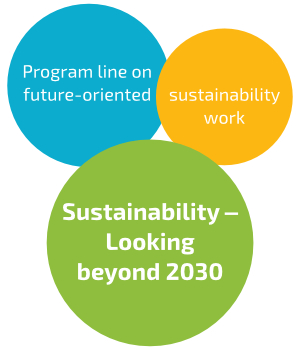
ONE PAGER (Nov 5, 2021)
“Sustainability – Looking beyond 2030”
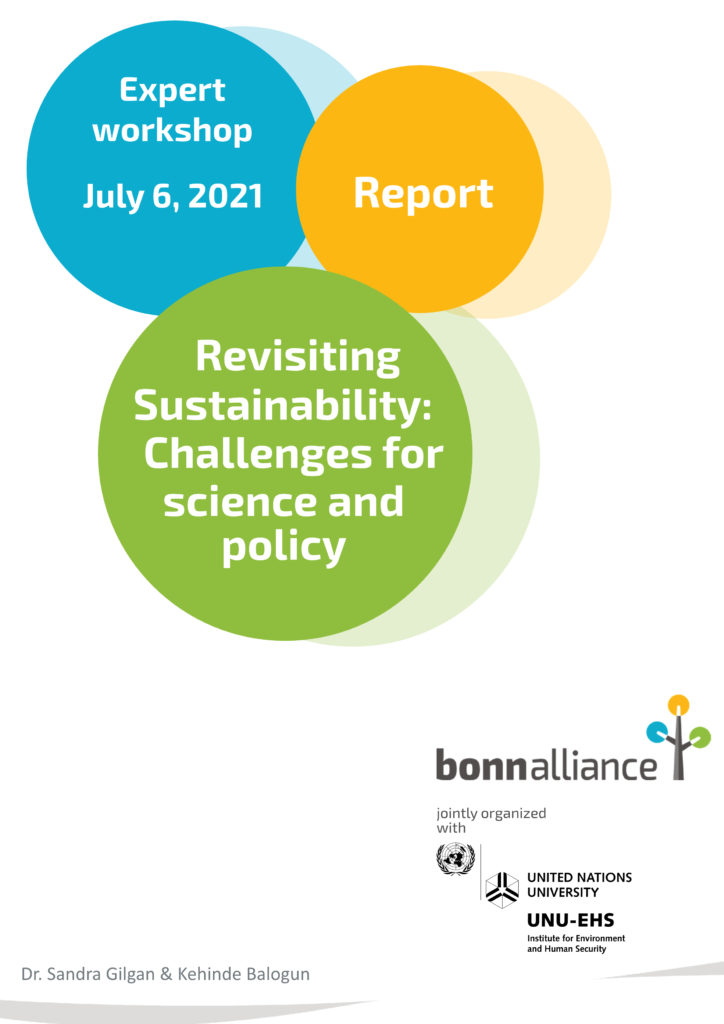
REPORT (July 6, 2021)
“Revisiting Sustainability: Challenges for science and policy”
Upcoming Activities in 2022 & 2023
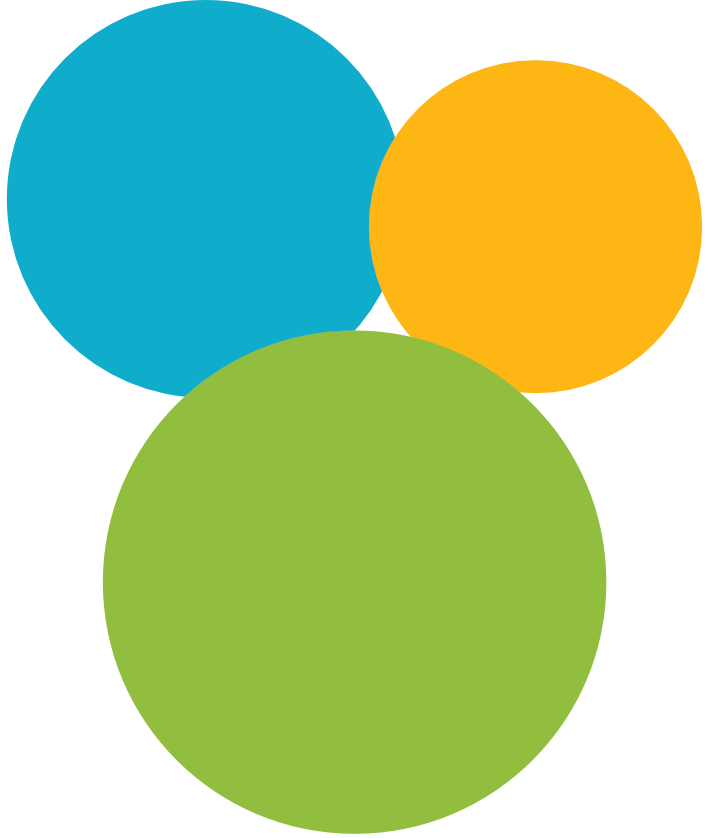
LECTURE SERIES (next event tbd)
“50 years “The Limits to Growth” – Prospects in 1972 and 2022″
jointly organized by the Bonn Alliance and the German Institute of Development and Sustainability (IDOS)

HALF DAY CONFERENCE (postponed to 2023)
“Co-production of knowledge, joint creation of innovation? The role of research-practice cooperation”
in cooperation with the Hochschule Bonn-Rhein-Sieg, University of Applied Sciences (H-BRS) & EADI (European Association of Development Research and Training Institutes)

PANEL DISCUSSION (tbd, in planning)
“Opportunities to Address Asymmetries in the Global Science System”
in cooperation with the University of Bonn
Past Activities

CONFERENCE (June 8-10, 2022)
“8th Annual Conference of the World-Ecology Research Network”
organized by the Institute of Oriental and Asian Studies (IOA) of the University of Bonn, partner in the Bonn Alliance for Sustainability Research
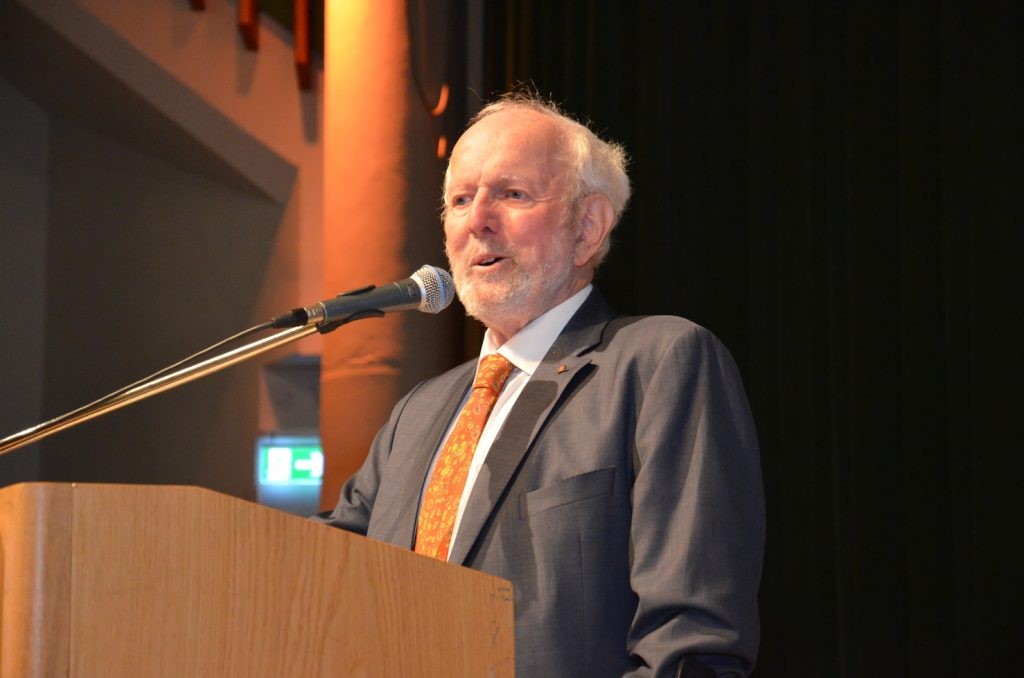
LECTURE (June 2, 2022)
“Limits to Growth – Can the Anthropocene become sustainable?”
jointly organized with the German Development Institute / Deutsches Institut für Entwicklungspolitik (DIE), the Hochschule Bonn-Rhein-Sieg, University of Applied Sciences (H-BRS) and the Center for Development Research (ZEF)

LECTURE AND DISCUSSION (October 21, 2021)
“Conceptual barriers in the current global sustainability discourse. Perspectives from African philosophy”

PANEL DISCUSSION (Sept 3, 2021)
“Transform to Survive: A Sustainable Future for All?”
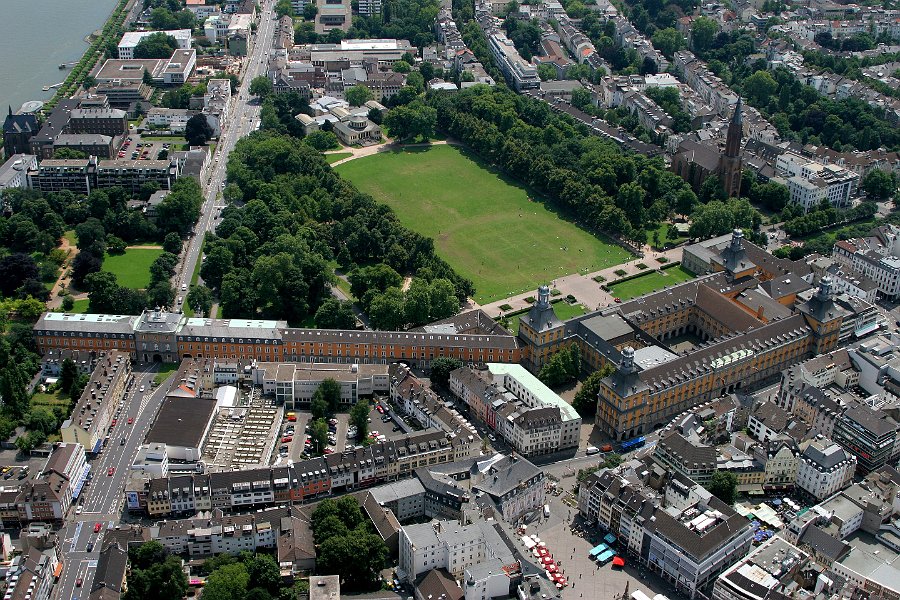
TALKING CIRCLE (August 24, 2021)
“Listen to science made in Bonn”

WORKSHOP (July 6, 2021)
“Revisiting Sustainability: Challenges for Science and Policy”
Contact
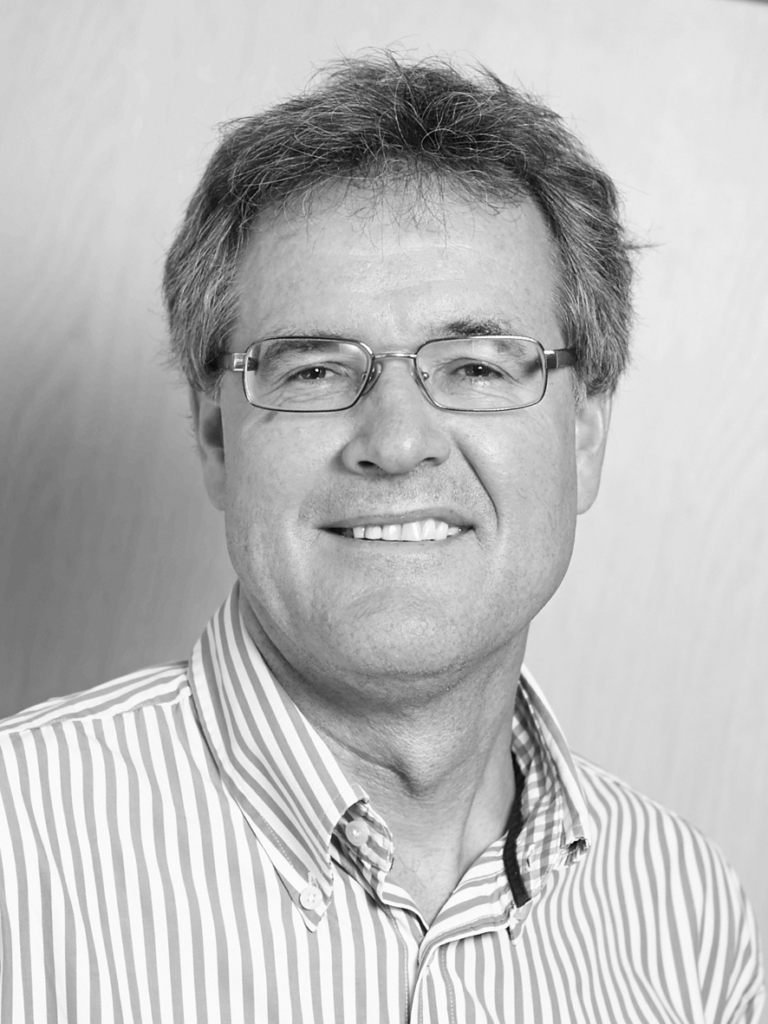
Prof. Dr. Jakob Rhyner
Senior Professor, University of Bonn